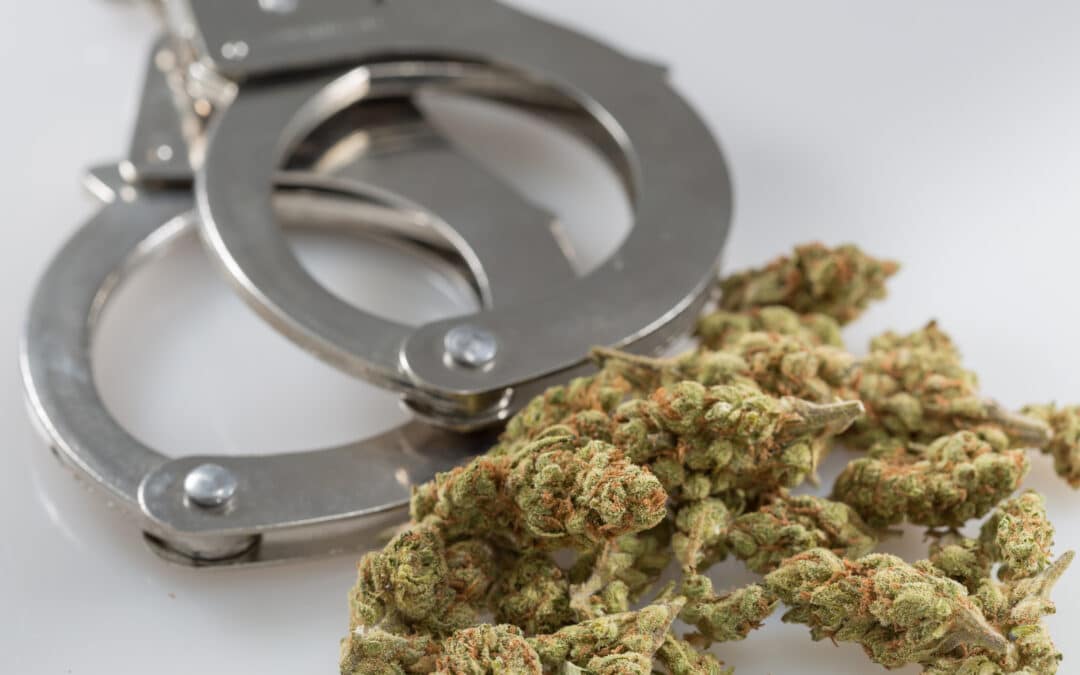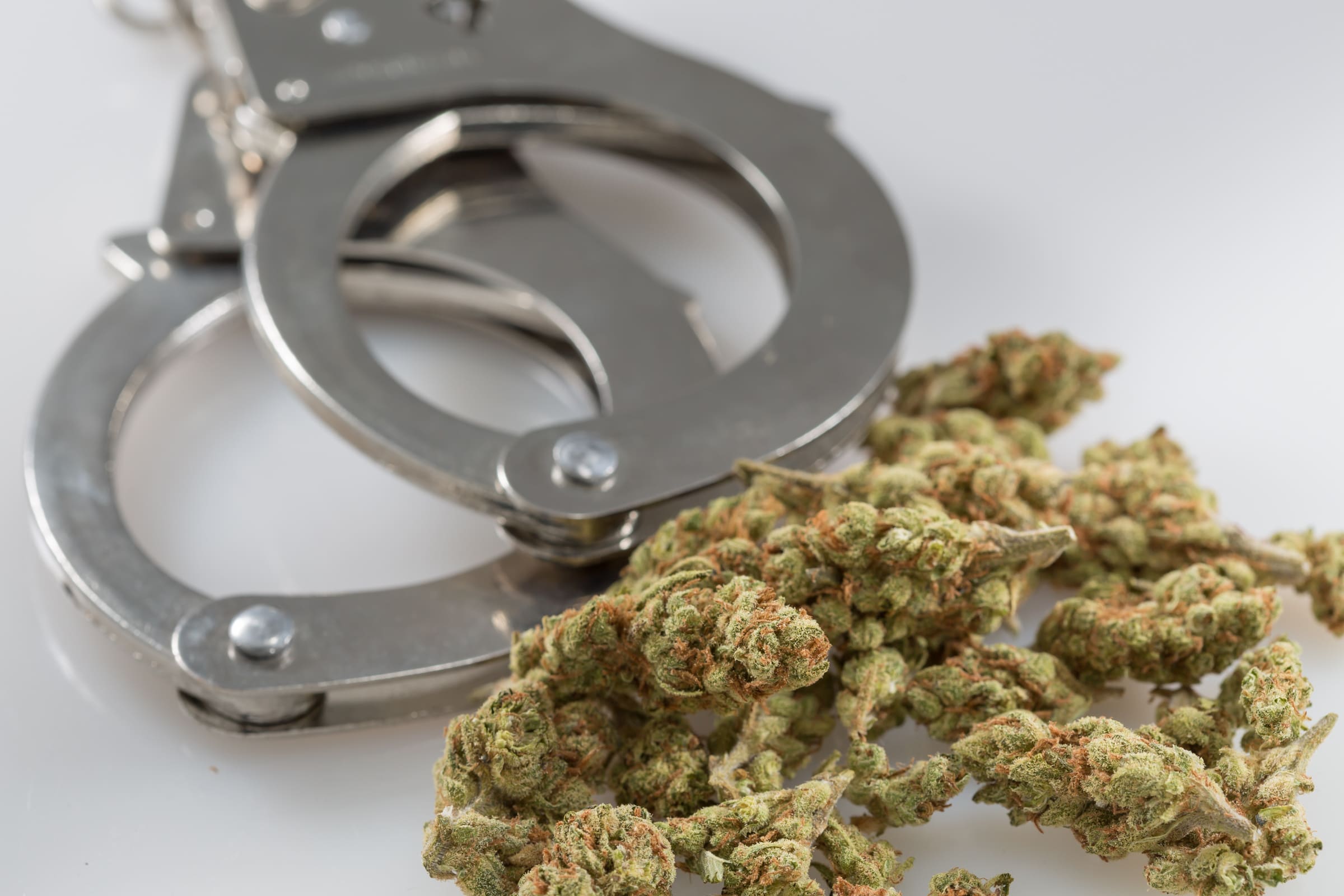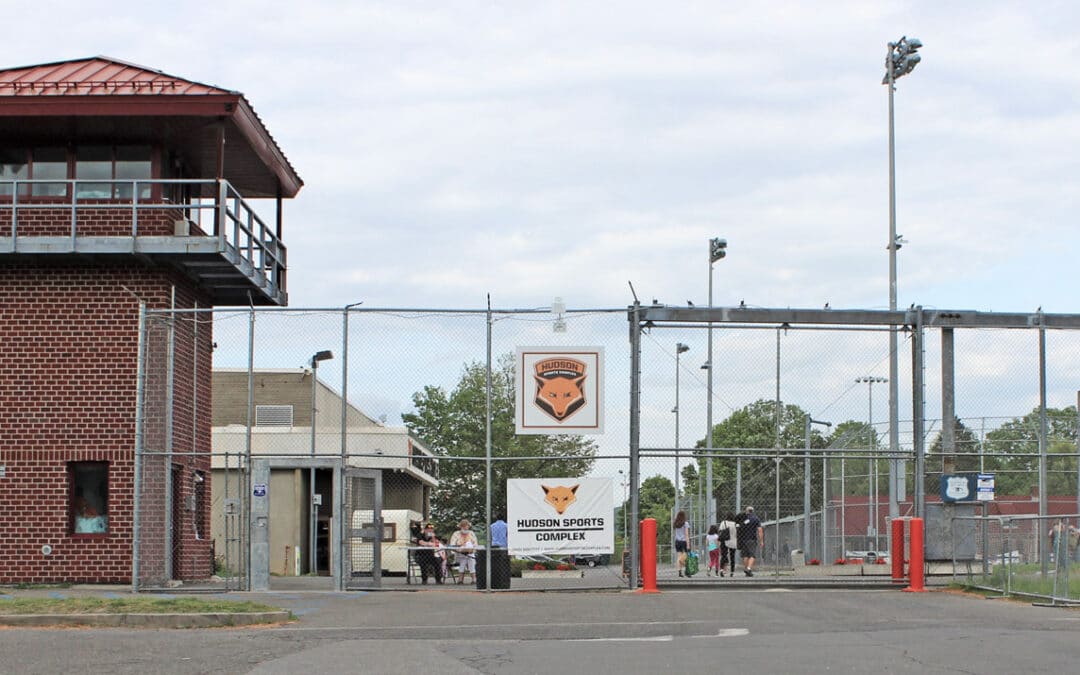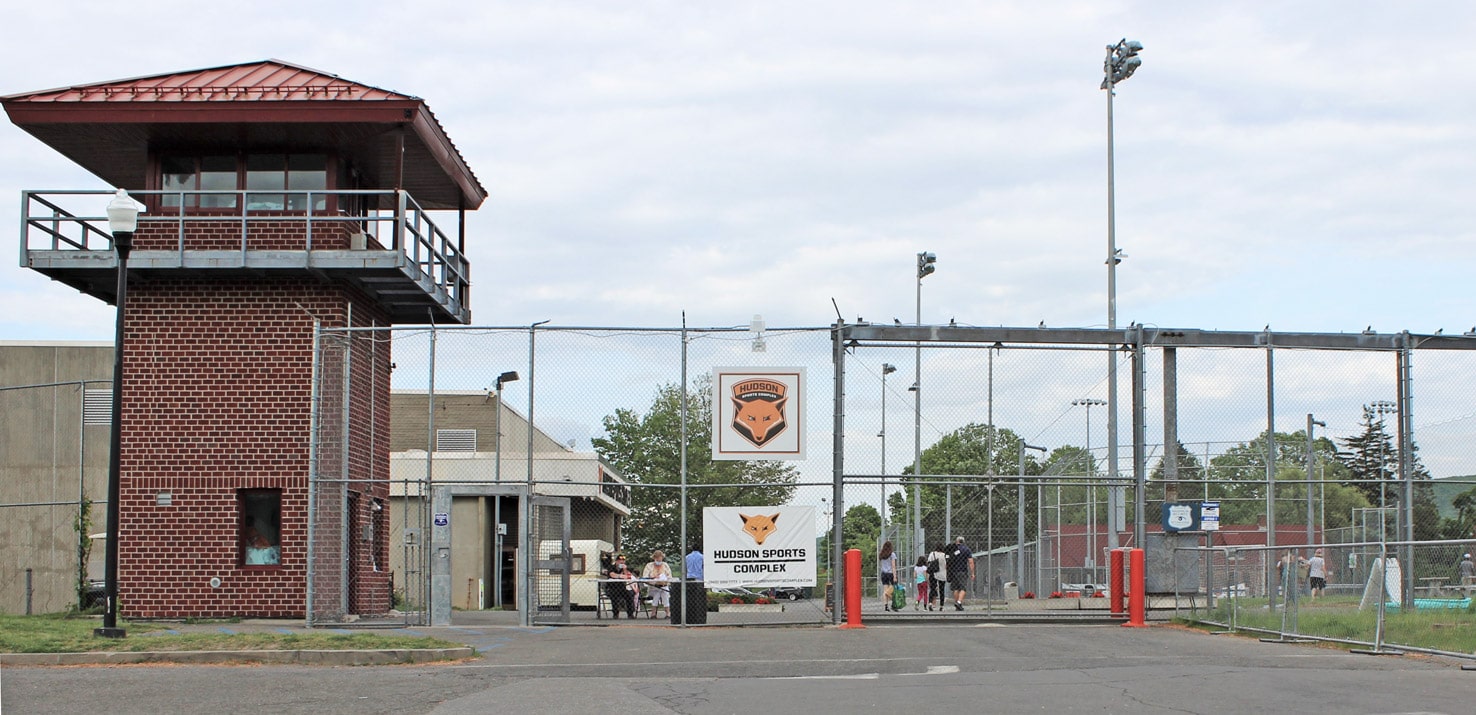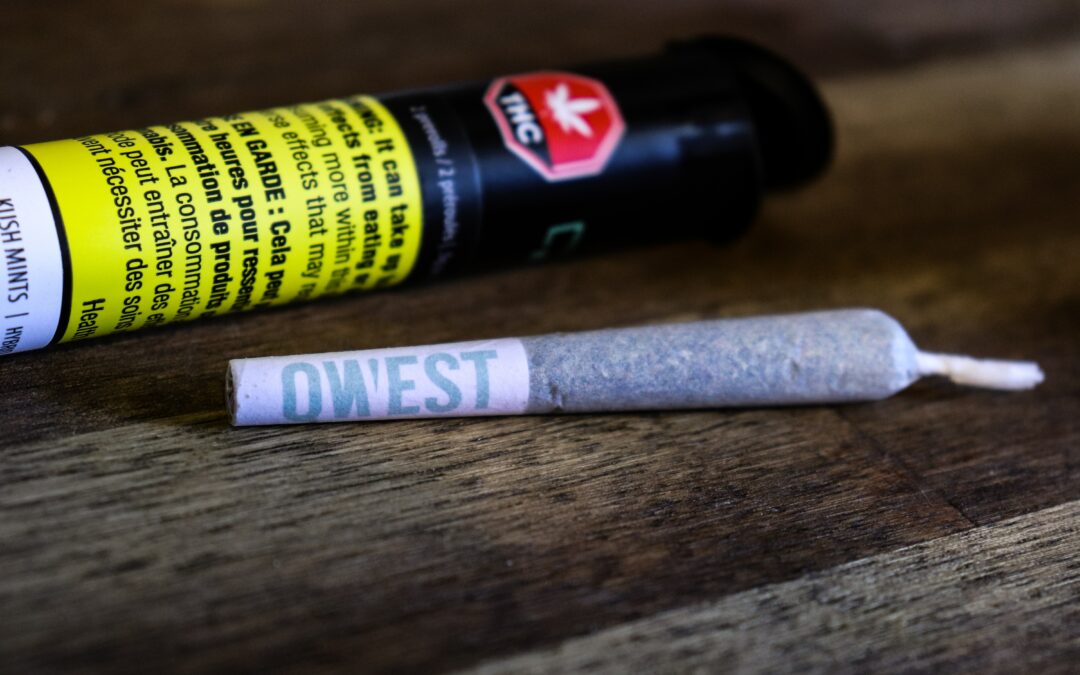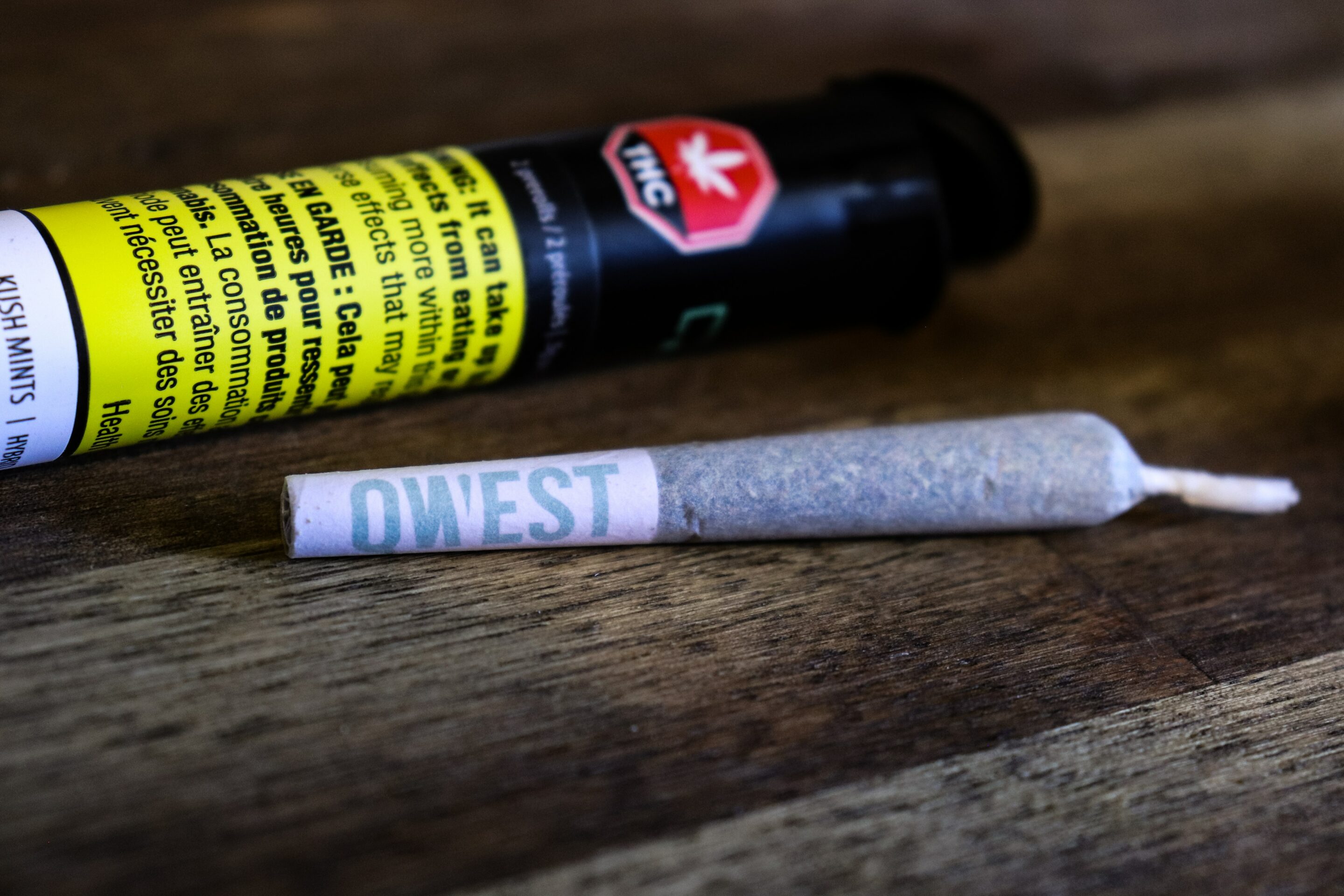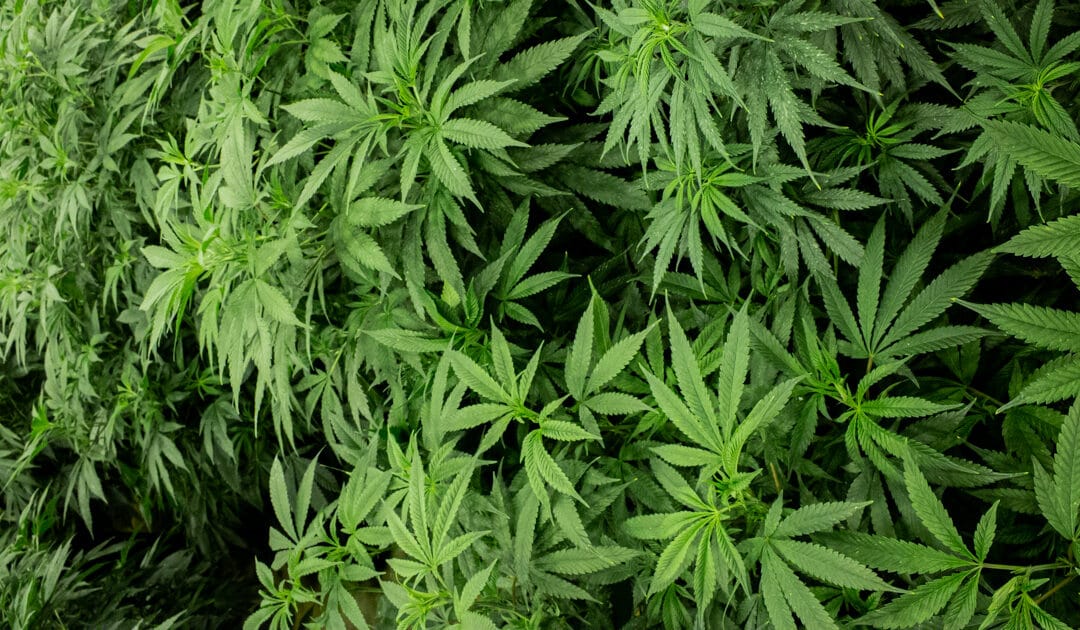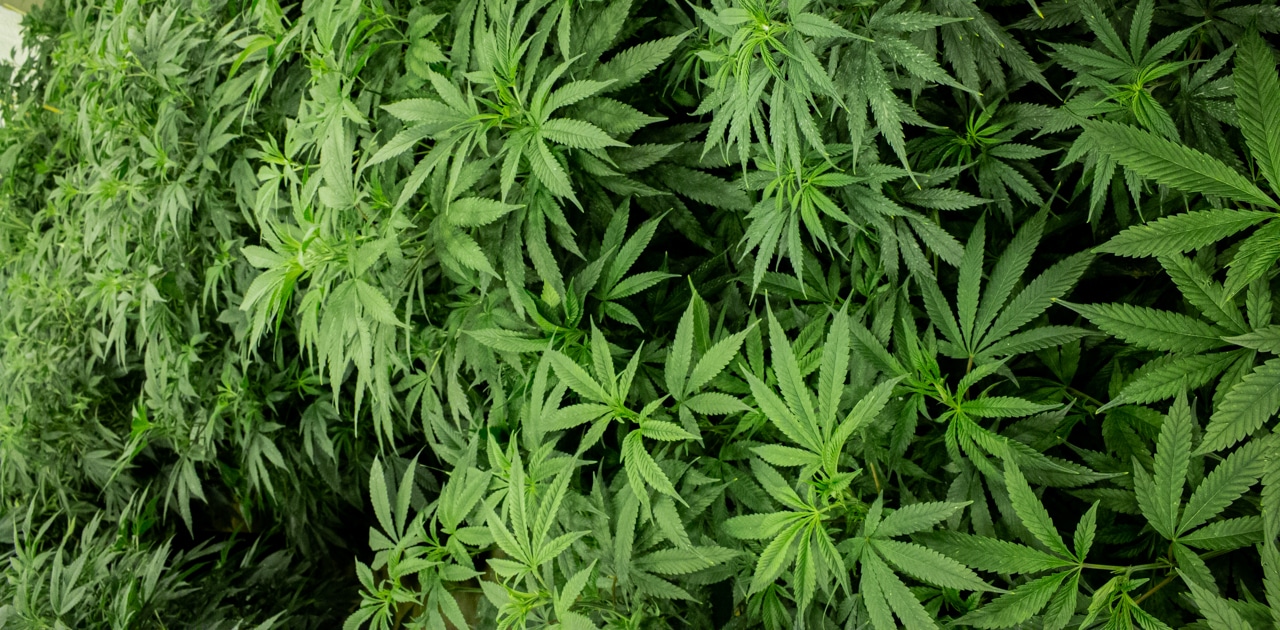
Denver opens applications for cannabis delivery licenses, consumption lounges
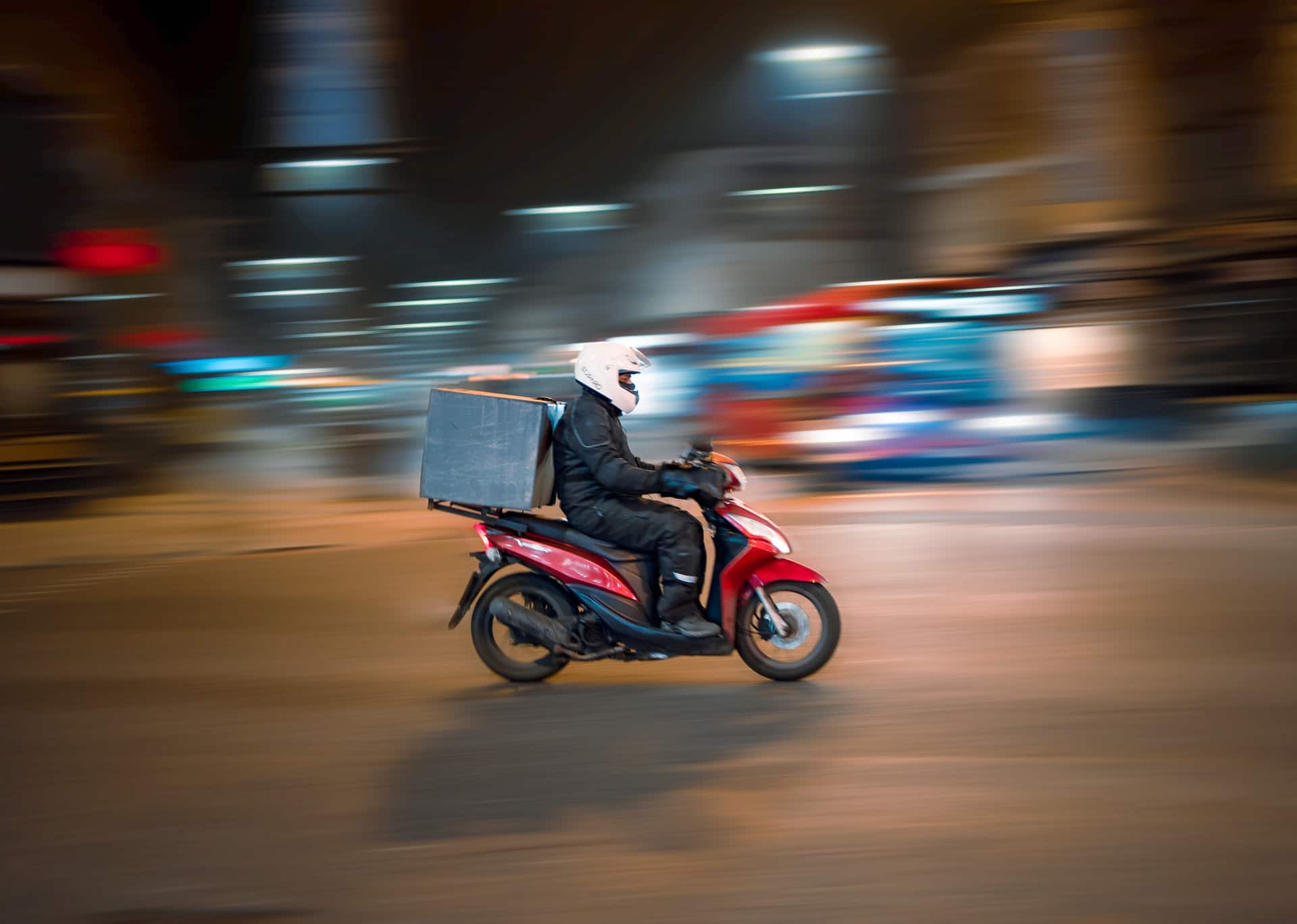
Applications are now open for marijuana delivery and transporter licenses in Denver for the first time in the city’s history, the Department of Excise and Licenses announced.
The city is also accepting applications for new marijuana store locations for the first time since 2016, in addition to applications for marijuana cultivation and manufacturing licenses.
This comes two months after Denver changed its marijuana policy to allow for social equity delivery and hospitality businesses where patrons can consume marijuana on the premises. Applications for the hospitality business licenses are expected to open in November, the department said.
“This is a big part of the biggest overhaul in marijuana rules and regulations since initial legalization that the mayor signed into law on 4/20,” said Eric Escudero, spokesman for the Department of Excise and Licenses.
Under Denver’s new marijuana policy, there is no cap on the number of licenses and permits available, and there is no deadline to apply.
Delivery licenses will only be available to social equity applicants until 2024. Licenses for stores, transporters, cultivations, manufacturing and the new hospitality establishments will be limited to social equity applicants until 2027.
Social equity applicants are defined as Colorado residents who have never had a marijuana license revoked and meet one of the following social equity criteria:
- Applicant lived in an opportunity zone or a disproportionately impacted area between 1980 and 2010
- Applicant or immediate family was arrested, convicted or suffered civil asset forfeiture due to a marijuana offense
- Applicant’s household income doesn’t exceed 50% of the state median income
By providing exclusivity to social equity applicants, Denver officials say they are trying to make up for the damage caused by the War on Drugs and the unequal persecution of disadvantaged communities for marijuana offenses.

